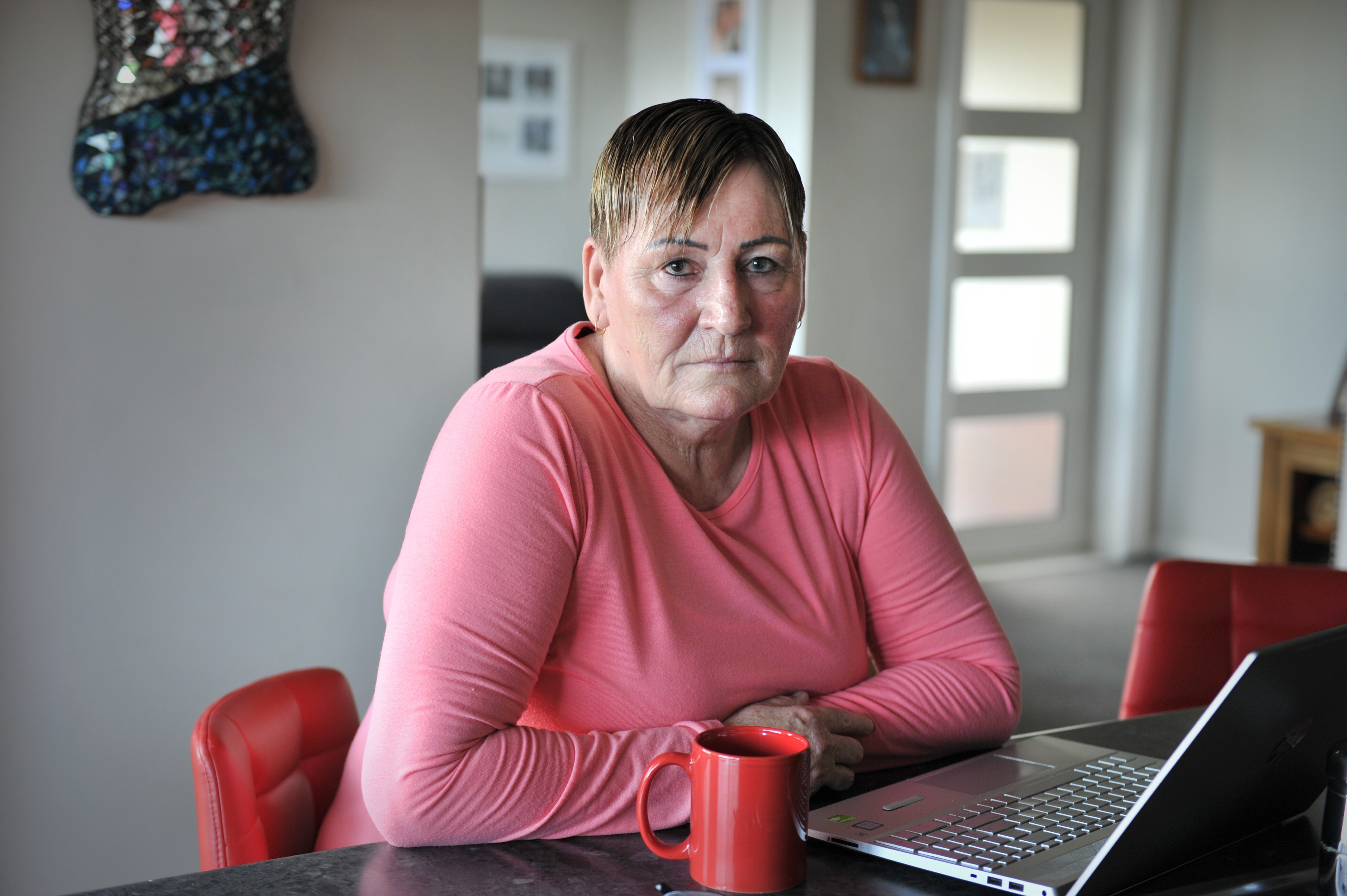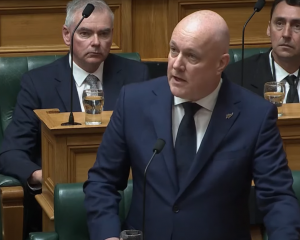
Teresa McKenzie was at home in Dunedin hanging out the washing in August 2017 when she fell over, twisting her back in the process.
She recalled hearing a "ping" as she reached out to break her fall.
That day, four and a-half years ago, turned her life upside down, Mrs McKenzie said.
Her quality of life went downhill as the pain got worse, leaving her unable to work or sleep, she said.
The 65-year-old said she went through several unsuccessful treatments for the injury, which were covered by ACC.
Eventually, she was scheduled in for a spinal fusion after seeing a specialist.
The surgical procedure, organised through the public health system, went ahead at Mercy Hospital in January this year.
Now she had almost entirely recovered.
But Mrs McKenzie wanted ACC to cover the three months of wages lost when she could not work as a cleaner while waiting for her procedure.
She had hired two people to fill her role at the cleaning company she owned.
She said ACC refused to cover the surgery because they believed her ailments were caused by pre-existing osteoarthritis, which she disputed.
By declining her claim, she felt ACC had discriminated against her because of her age.
If she were younger, or a sportsperson, her claim would have been accepted, she said.
Mrs McKenzie said that she knew "damn well" what the injury did to her back and she had no problems with arthritis before her fall.
She attended an independent review meeting to try to overturn the decision, but said the attitude of ACC staff was "appalling".
She had spoken to a lawyer, but fighting ACC proved too expensive. She hoped sharing her story would prompt more people would speak up.
ACC chief operating officer Gabrielle O’Connor confirmed Mrs McKenzie’s claim was declined because the condition the surgery was addressing was not believed to have been caused by an injury.
She said she was sorry to hear of Mrs McKenzie’s experience at the independent review, and she encouraged her to lodge a complaint if she felt there had been a breach of the code of claimants’ rights.
Concerns could also be directed to Fairway, the company who managed the independent review process, Ms O’Connor said.
During the case conference with Fairway, Mrs McKenzie mentioned medical evidence which she believed supported her claim. Multiple unsuccessful attempts had been made to contact her to get a copy, Ms O’Connor said. ACC encouraged her to get in touch with the information so it could be assessed and her request reconsidered, Ms O’Connor said.












